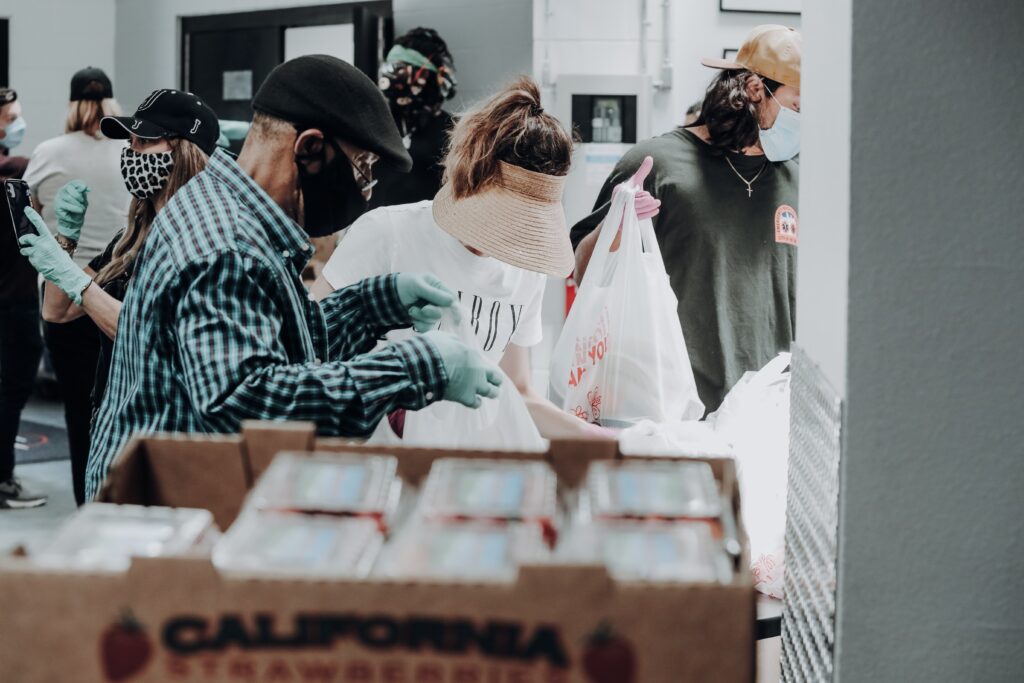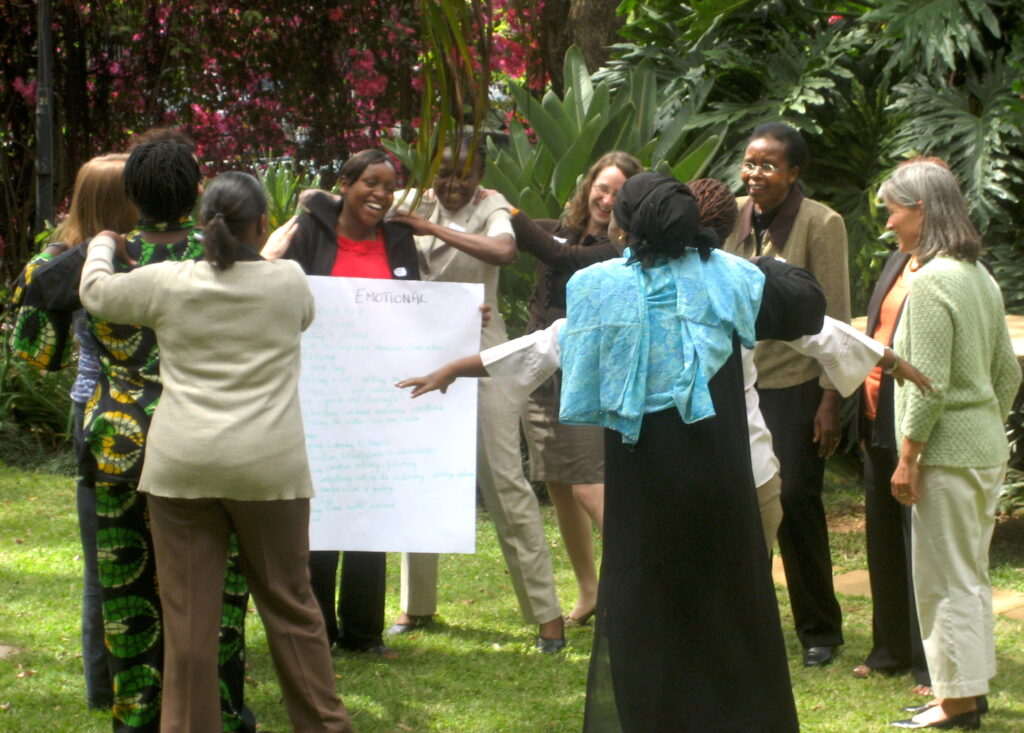Who We Serve
We serve and support organizations and individuals worldwide who are working in complex, high-stress environments full of unique challenges.



Who We Serve
Since 2001, our team has collaborated with over 100 aid organizations to support staff working in war zones, unstable political environments, and natural and human-caused disasters. We have seen both their commitment to bringing about a better society and the toll this work can take on them over time. We know the importance of effective support, training, and resources in mitigating adverse impacts and promoting health and resilience. This has led to the development of unique interventions to support them in these unique settings.
Over the last several years, we have also seen a growing need for these supports systems in other sectors as more and more work environments are becoming high-risk and high-stress, which can happen in an instant.
We have seen an increase in atrocities, disasters, and conflicts across the globe and across industries. Given this increase, we felt it was important to do our part in bringing about hope and health by sharing what we know about resilience from a trauma-informed perspective. We are using this knowledge and expertise to expand who we collaborate with and how we support them in doing their work in order to create a more resilient world. By creating innovative programming specifically for those working in high-stress and high-risk environments, we target the issues most likely to undermine well-being, and focus on the skills most proven to promote their wellness.
We know that our world is stronger when each individual is stronger.
Our Expertise
We offer a custom set of tools and trainings to support your staff and leaders in high-stress situations.